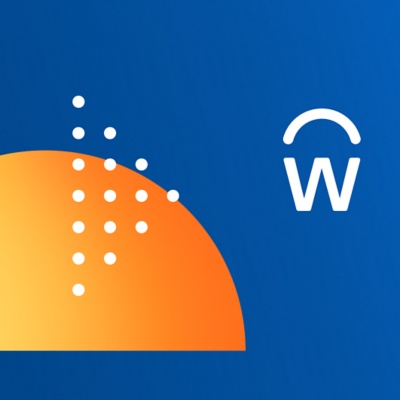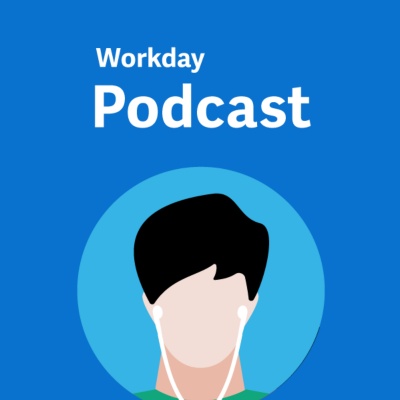I wrote in a post yesterday about Workday’s approach to partner selection and our Delivery Assurance program. Today I want to focus a bit on how we define the meaning of consultant certification.
Legacy ERP vendors have a dizzying array of offerings. For a prospective customer, they may propose a solution that encompasses many different products with many different technologies and architectures. This makes choosing deployment consultants even more complex. For example, one firm may have lots of experience with the vendor’s legacy products (but maybe not every version of the product), but have little to no experience (even if they are certified) with the legacy vendor’s newer cloud products.
Also, legacy ERP vendors offer what they call “hybrid” solutions that include both their legacy on-premise products and newly built or acquired cloud products. Just because a legacy ERP vendor owns all of the pieces of its hybrid solution does not mean they are well-integrated. Most customers will rely on their consultants for guidance about integration, yet it is difficult to know if specific consultants, even if they are certified, have the knowledge and experience for the integration scenarios that apply to a specific customer situation.
Workday and our partners do not have this issue because of our power of one. Since we have a single line of code running on a single architecture and every customer is on the same version of our software, it makes things much simpler for consultants (and customers). They do not have to worry about a “hybrid” solution that may or may not work together. They can just focus on how to use the application to best meet customers’ business objectives.
Even if a customer decides to go with only the cloud product from a legacy ERP vendor, there are still differences in that world. The cloud model may help vendors deliver new functionality quickly, but how do you know that the consultants you are using for the deployment are competent with the latest version? In the cloud, certification should not be a one-time event. We require all of the consultants in the Workday ecosystem to be re-certified for each one of our updates, which are delivered twice a year. For prospective cloud application buyers, it is important to ask your potential vendors how they ensure that certified consultants stay up-to-date.
Recently the financial services company Robert W. Baird & Co., through its Equity Research division, did an independent analysis using a sampling of our customer base. It found that more than 95 percent of our customers surveyed would recommend Workday to another company. Our own customer surveys have shown a 97 percent satisfaction rate. One of the reasons our customer satisfaction is so high, especially when you consider that our partners consistently do 75 to 80 percent of initial Workday deployments, is that our approach to our services partner ecosystem is different from the legacy ERP experience.
However, we do not rest on our laurels. We know we are not perfect, and we work closely with our customers and partners to continuously improve. That is what really matters: The software vendor and its partners and customers working together for the benefit of all. That’s what truly defines a successful ecosystem.






